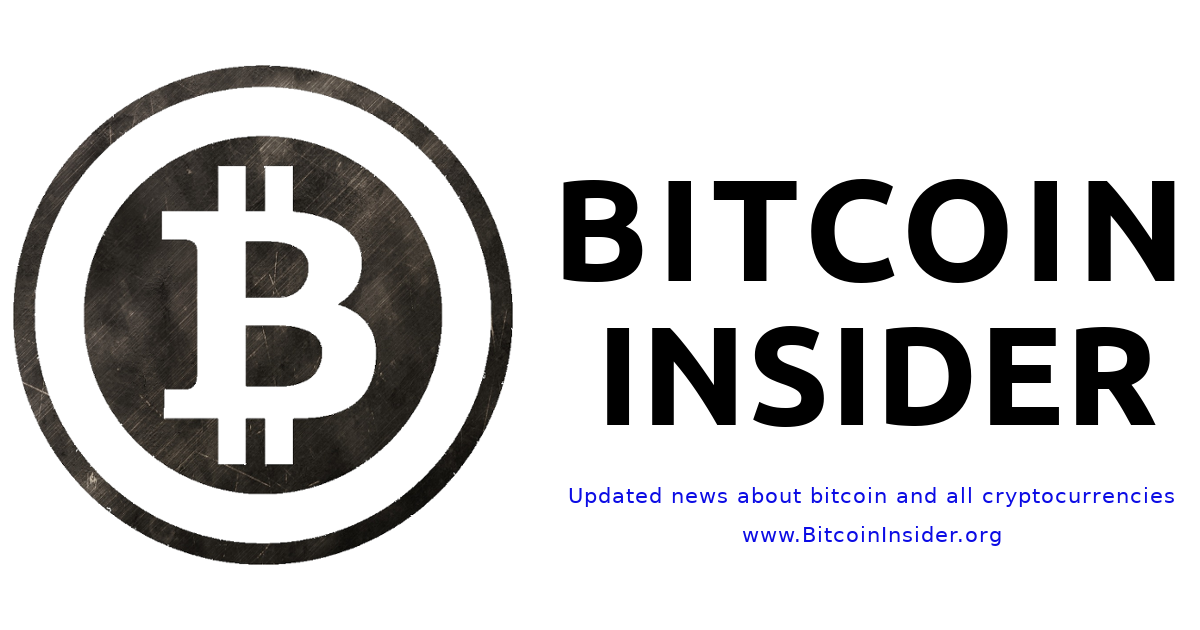Ghana Maritime Authority impounds two trucks carrying shipwrecks
The shipwreck was valued at GH¢200,000
The Ghana Maritime Authority (GMA) has impounded two articulated trucks loaded with a shipwreck, which were removed from the sea without the necessary authorisation.
The wrecks were said to have been removed by Yusuf Star Scrap Management workers at the cost of about GH¢200,000.
Dr Kamal-Deen Ali, the Director-General of the Ghana Maritime Authority (GMA), briefing the media on the interception at Tema, said the shipwrecks, which were far in the sea, were brought close to shore, cut and taken out.
Dr Ali said that because such metals had a good market, they removed them and sold them to the various metal companies, “but to the extent that this was done without the needed permission and regulation, we have to arrest them because they also have an impact on the ecosystem”.
“So, we want to emphasise as an authority that no shipwreck should be removed without coming to the authority, applying for the necessary processes and getting permission to do that because that is why there are laws governing that, because it must be regulated.”
Dr Ali stated that the fishermen had been complaining about the activities of some people removing the shipwrecks and their impact on the fish resource available to them.
Therefore, there was a need to properly regulate the removal of shipwrecks, which included having the requisite authorisation and assessment to see whether they should be allowed or not.
He added that his outfit had the mandate to ensure that the maritime space and its ecosystem were well preserved, which extended not just to the ships but also to dealing with matters in the maritime space.
He emphasised that the removal of shipwrecks could not be done without going through the processes of the GMA, explaining that although sometimes shipwrecks could be a source of hazard, they also served as a source of ecosystem preservation, as they promoted the growth of fisheries and other living organisms at sea.
Dr Ali said, “So, there are pros and cons of shipwrecks being at sea, and that is why it is an area that must be well regulated, or any other thing that is at the bottom of the sea must be regulated.”
In this instance, the people who had removed the shipwrecks had done that without the authorisation of the Ghana Maritime Authority”.
The Director-General of the GMA said, having had information that such a thing had been going on for some years, a team from his outfit conducted surveillance and intelligence activities and interdicted it.
He said he had gone through some of the ways that the wrecks were removed, revealing that it was a very risky but very proficient activity, involving spending hours at sea trying to cut off these metals and floating them to sea.
“It shows the level of proficiency and competencies that people may have also in our country,” he said.
“So, the question is, how do we use that proficiency or divers who can spend many hours at sea? How do we use the proficiency of people who also see this as a source of livelihood, and how do we combine all that to make sure that it is well regulated and our economy is well preserved?” he said.
Dr Ali stated that on a normal basis, the intercepted shipwreck must be confiscated by the state, but as a regulatory organisation, they understand the essence of regulations, especially when the people do not have the full spectrum of the information and what they must go through.
He said rather than fully confiscate this, the Authority was going to have a discussion with those who had engaged in this and then see how the Authority ensures that they see what we do and definitely have to sign a bond, and then other consequences may come.
“They may have to pay the requisite penalty for violating the law without necessarily confiscating this,” he said.
He further added that the GMA wanted to ensure that, going forward, such activities were well regulated, as doing it without the right process could even endanger their lives, as they carry things, including gas cylinders, to sea to carry out their activities.
He said that because it is unregulated, the dealers might not even get the correct price for it, as the buyers are aware that it is unregulated, stressing that it was therefore important that the economies of scale and everything that goes with it are also looked at.
The Director-General said, “Requisite education will be put in place, the processes will be disseminated so that anybody who wants to engage in this lawfully will apply, and we can go through the processes, including what we call an environmental impact assessment, and then we can regulate the market for the removal of shipwrecks.”
Meanwhile, Prince Ibrahim, an official of Yusuf Star Scrap Management, said he was unaware that it was unlawful for them to salvage the shipwreck without authorisation.
You can also watch the latest news on GhanaWeb TV below:











